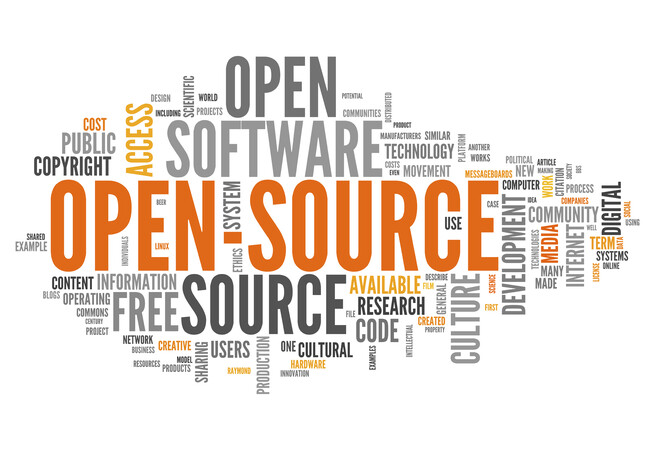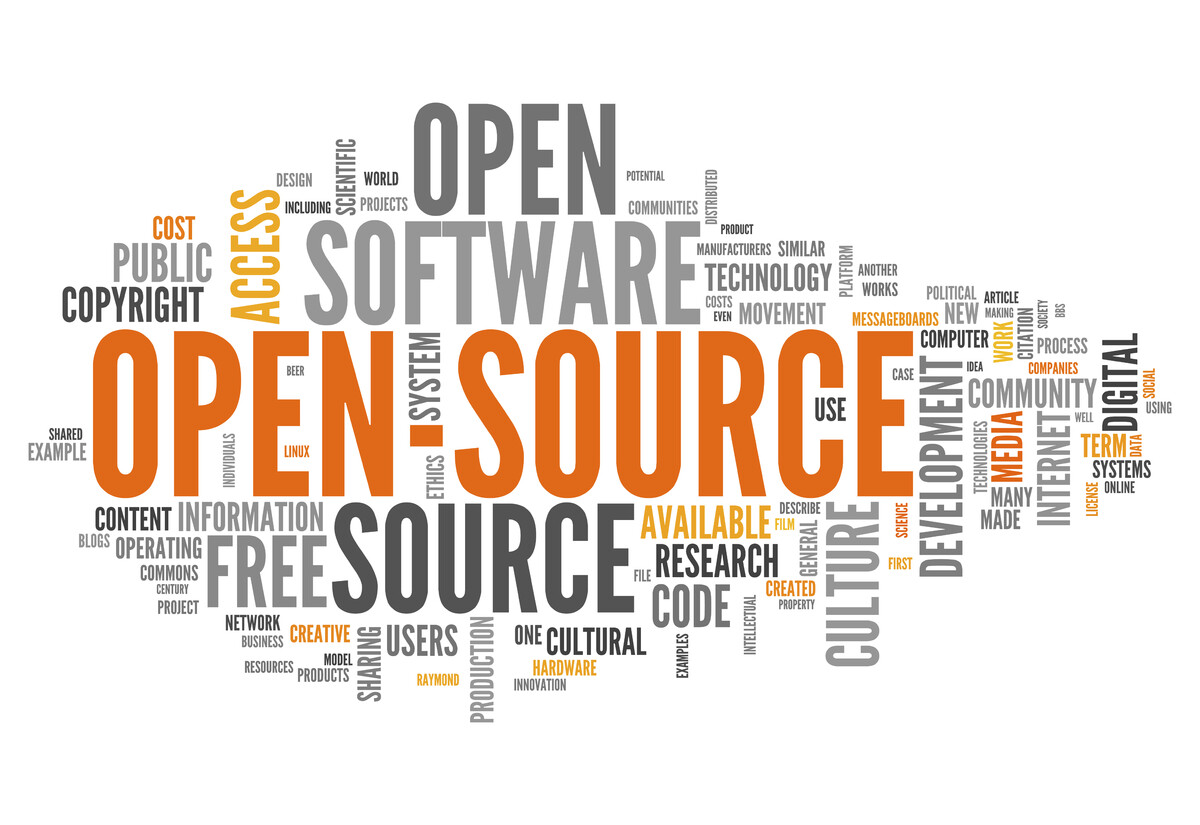Open Source and Business: Where do you draw the line?
+ Add to Google News
- Opinion
- en
- John Doe
- 5 years ago
- 2020-12-23 08:00:00
- comments
- : 3 minute 21 secunde
- image: Google images
A lot has been written about Open Source and business; in recent years, quite a few companies have been founded on Open Source principles. One point that has yet to be addressed is the loss of idealism that threatens the movement's original spirit.
Having been involved with Open Source for the last seven years and having worked for companies that claim to create Open Source products has given me an inside view of this development. While the GNU/Linux hype that we've seen has made it easy to acquire resources for Open Source projects, some of the companies that were created from this hype are now in a precarious position as investors are demanding to see revenue and profit and the Open Source aspect of the company is pushed into the background.
As a software engineer who strongly believes in the freedom the GPL gives us, and as a big fan of Open Source software, I find myself in a position where I must question my involvement, and consider where to draw the line when my company makes a transition to closed source software development.
The software company
Let's look at several models that seem to have emerged in the last couple of years. Here are fictional examples that illustrate how companies that used solely Open Source business models have drifted into the proprietary space.
Our first example: imagine joining a company that promises you that all the software they develop will eventually be Open Source. Maybe not right away, but after a period of time, so the company keeps its technological advantage. After this time, the code will be given to the community. Later, the company begins to acquire other companies, and closed source applications come into the picture. The marketplace begins to change, investors begin to get anxious, and the company decides to refine the business model. It decides to prioritize profit at the expense of its Open Source strategy: nothing will be open sourced unless it's enforced by inherited licenses or it maximizes profit. What does this mean for individuals working for the company? Is this still an Open Source company? Does it count if the company supports Open Source projects by giving resources to Open Source groups and development efforts, even if it's just to make sure the Open Source foundation used for proprietary applications stays strong? Does it matter which projects you work on? Are the engineers working on Open Source projects "The Good", those working on proprietary code "The Bad", and the manager "The Ugly"?
The consulting business
Another example is a company that specializes in consulting by selling professional services around the GNU/Linux operating system. After a while, management discovers that there is more money to be made in supporting not only Open Source systems like GNU/Linux or FreeBSD, but in other Unix systems and the whole range of Microsoft systems. The company works not to replace those systems, but to integrate them all. They request that their employees learn to support those systems by getting an MCSE or similar certification. Is this tolerable for an Open Source Engineer, or is it time to look for another position?
The Internet Service Provider
Imagine a company that has a partial client/server model. The company intends to make both parts available as GPLed software. As the development progresses, the company changes the model, and instead of giving the server away, they decide to make it proprietary and freely distribute the client as Open Source software. The original idea was to acquire a huge install base by including the software in popular GNU/Linux distributions, and to offer the service the server provides on the local site. Their model also makes it so their server is the only one the client can connect to. Clearly, you're more likely to maximize profit by providing an exclusive service than by betting on customer loyalty. But can this be called an Open Source business model?
I don't have answers to these questions, which is why I wrote this essay. I see more and more companies drifting in this direction. It seems that most Open Source business models haven't matched the expectations investors and management had a year ago. Now that the hype is gone, the Dollar rules again and business models are about to be adjusted. How do you stay honest in this new paradigm, and is it important to do so? Maybe I'm just nuts and I should be happy to get paid for working with GNU/Linux at all.
- powered by Verysign













